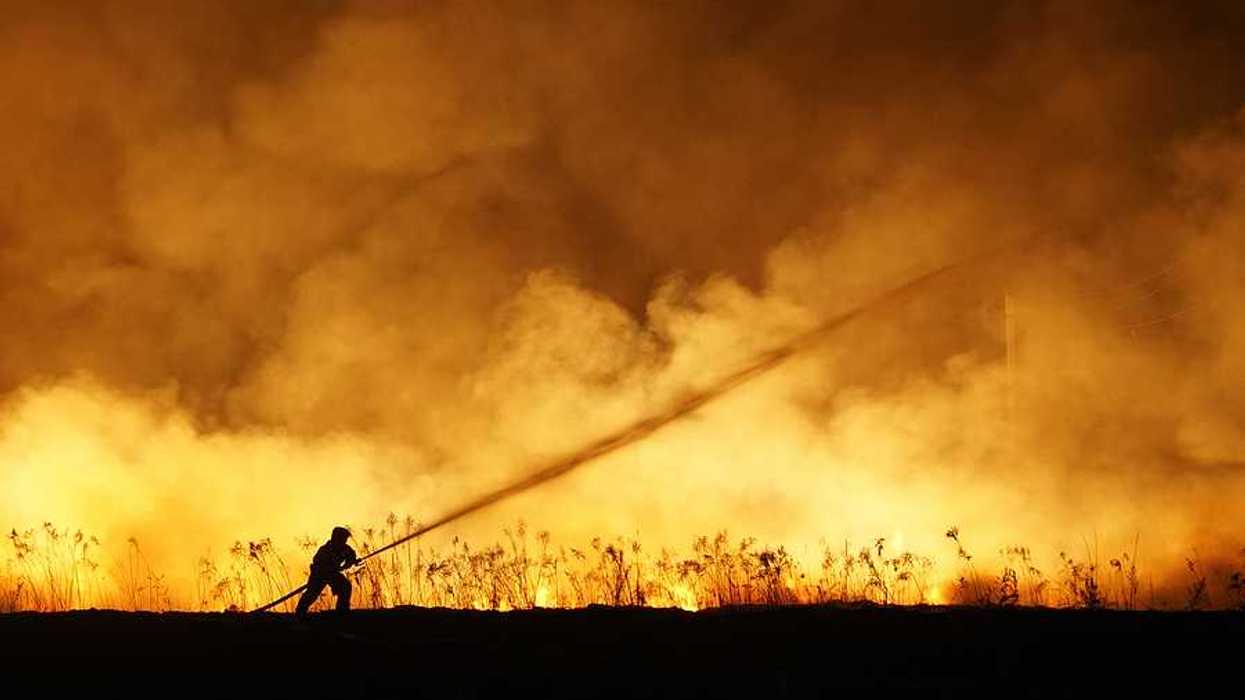A primate research center in California provides insights into the lifelong health consequences of early exposure to wildfire smoke.
Jesse Nichols reports for Grist.
In short:
- In 2008, wildfire smoke from Northern California engulfed the California National Primate Research Center, affecting newborn monkeys.
- These monkeys displayed weaker immune responses initially, but as they aged, they developed more aggressive immune systems and sustained lung damage.
- The study, unique due to its control conditions, suggests potential long-term health risks for humans from early smoke exposure.
Key quote:
“It’s this first year of life, this really early window of development for humans that is so critical for imprinting long-term health. If you can control the environment during this window of time, you might set the stage for a longer, healthier life in the future.”
— Lisa Miller, associate director of research, California National Primate Research Center.
Why this matters:
Understanding the long-term health impacts of wildfire smoke on young primates offers crucial insights into similar risks in humans, potentially influencing public health strategies and environmental policies. Read more: Carlos Gould on wildfire smoke and our health.














